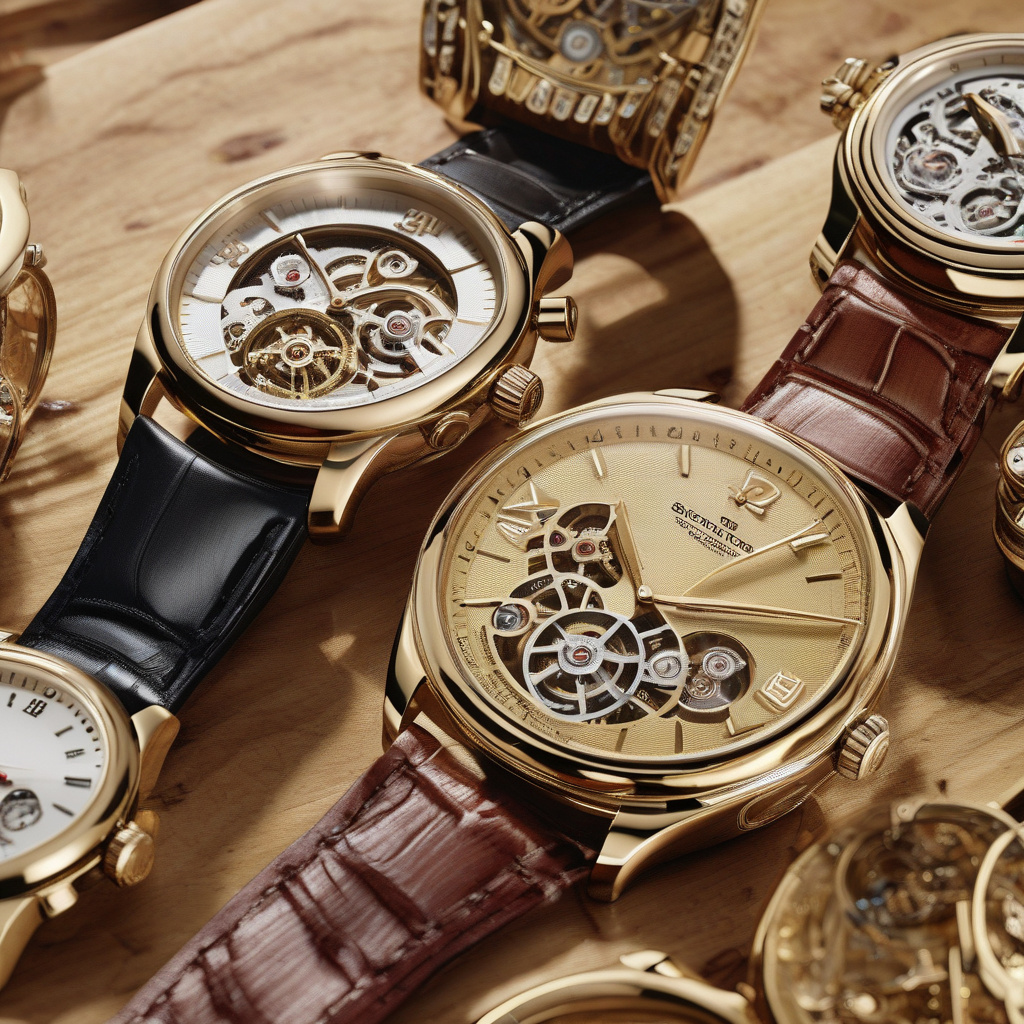Can Swiss Watches Compete on Value?
Swiss watches have long been synonymous with luxury, precision, and craftsmanship. However, in recent years, the industry has faced challenges as the prices of Swiss timepieces have continued to rise. With consumers becoming more discerning and the market experiencing a downturn in luxury spending, Swiss watchmakers are finding themselves in a precarious position. The question that looms large is whether Swiss watches can still compete on value in today’s ever-changing market landscape.
One of the key factors that have contributed to the rising prices of Swiss watches is the cost of production. Swiss watchmakers are known for their meticulous attention to detail and the use of high-quality materials, which naturally comes at a premium. From the intricate movements to the exquisite designs, every aspect of a Swiss watch is crafted with precision and care. This level of craftsmanship is what sets Swiss watches apart from their competitors and has helped establish Switzerland as the global hub of watchmaking.
Despite the high production costs, Swiss watches have traditionally held their value well over time. Many consider them to be not just timepieces but also investments. Collectors often vie for limited-edition Swiss watches, driving up their prices at auctions and resale markets. The heritage and prestige associated with Swiss watch brands further enhance their allure, making them highly sought after by connoisseurs and enthusiasts alike.
However, the landscape is changing, with new players entering the market and offering innovative timepieces at more accessible price points. Smartwatches, in particular, have disrupted the traditional watch industry by combining technology with style. These digital devices offer functionalities beyond timekeeping, such as fitness tracking, notifications, and connectivity – all at a fraction of the cost of a Swiss watch.
In response to these challenges, Swiss watchmakers are reevaluating their value propositions to stay competitive. Some brands are focusing on highlighting the heritage and tradition that set Swiss watches apart. By emphasizing the centuries-old craftsmanship and expertise that go into making each timepiece, they aim to appeal to consumers who value authenticity and exclusivity.
Others are embracing technology and innovation to attract a younger, tech-savvy audience. By incorporating smart features into their watches, Swiss brands are aiming to bridge the gap between tradition and modernity. For example, TAG Heuer has partnered with Google and Intel to create the Connected Modular 45, a luxury smartwatch that offers both style and functionality.
Moreover, Swiss watchmakers are expanding their offerings to cater to a wider range of consumers. By introducing entry-level models and more affordable collections, they are making Swiss watches more accessible to a broader audience. While these timepieces may not have the same intricate movements or precious materials as their high-end counterparts, they still bear the prestigious Swiss Made label and uphold the reputation of Swiss watchmaking.
In conclusion, the question of whether Swiss watches can compete on value is a complex one. While the prices of Swiss timepieces may continue to rise, their value proposition extends beyond monetary considerations. Swiss watches represent a tradition of excellence, quality, and innovation that few other industries can match. By adapting to changing consumer preferences and embracing new technologies, Swiss watchmakers can continue to hold their own in the competitive global market.
luxury, Swiss watches, craftsmanship, innovation, heritage












